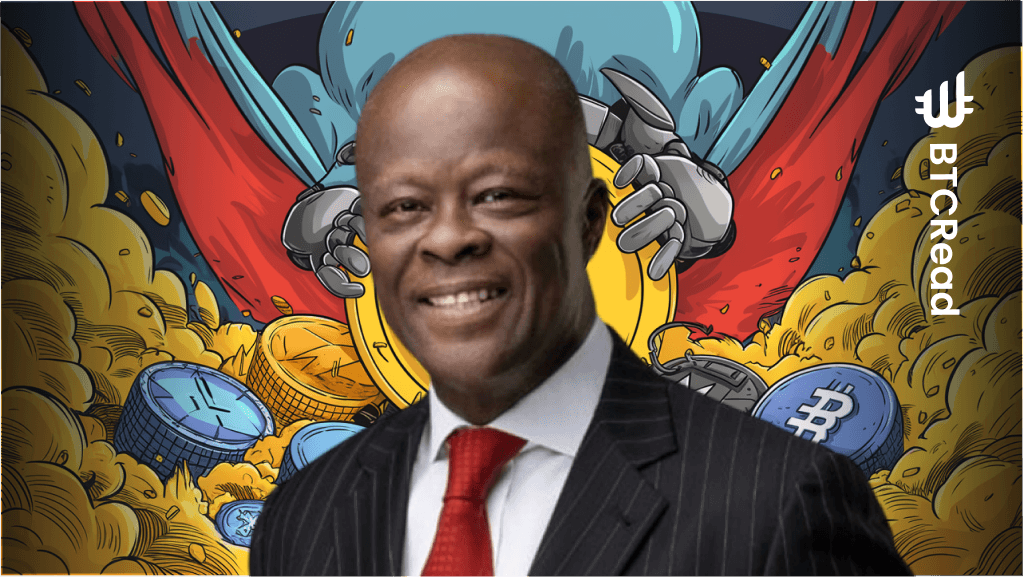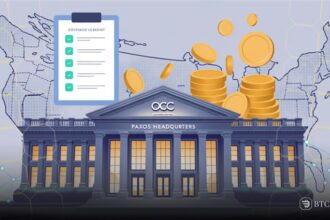Nigeria’s finance minister has urged the newly appointed Securities and Exchange Commission (SEC) board to tackle the challenges of crypto regulation head-on.
During the board’s inauguration on July 9 in Abuja, Minister of Finance and Coordinating Minister of the Economy Wale Edun emphasized the need for the SEC to adapt to the rapidly evolving financial landscape. He highlighted cryptocurrencies as a key area requiring innovative oversight.
Edun stated:
The SEC board should be willing to accept the challenge of regulating these new areas, particularly crypto, as they are fast-moving complex areas.
He warned against regulatory loopholes, cautioning that companies might exploit minimal registration requirements to falsely claim they were licensed.
Nigeria steps up crypto regulation efforts
The minister’s call to action comes as Nigeria grapples with integrating digital assets into its financial system. Last week, the SEC introduced new rules for virtual asset service providers (VASPs). The new regulations mandate that VASPs establish a physical presence in the country to participate in the regulatory framework.
VASPs must establish an office in Nigeria. In addition, their CEO or managing director must be based within the country. The SEC has set a 30-day deadline for both current and potential service providers to submit their applications via the online platform provided to them.
The Accelerated Regulatory Incubation Programme (ARIP) by the regulator aims to simplify the registration process for new entities. It provides interim approval until the full implementation of the Digital Assets Rules.
The newly appointed SEC board chairman, Mairiga Katuka, expressed confidence in Nigeria’s economic future. He highlighted the ongoing reforms under the current administration as key drivers of growth and ensured the use of the board’s expertise to nurture a stronger financial environment.
Nevertheless, Nigeria mirrors the global trend towards tightening crypto regulations, where authorities and financial overseers are navigating the impact of digital assets. Given Nigeria’s significant crypto market presence in Africa, its regulatory approach could serve as a model for the entire region.
Related | Italy to issue crypto guidelines following EU regulations







